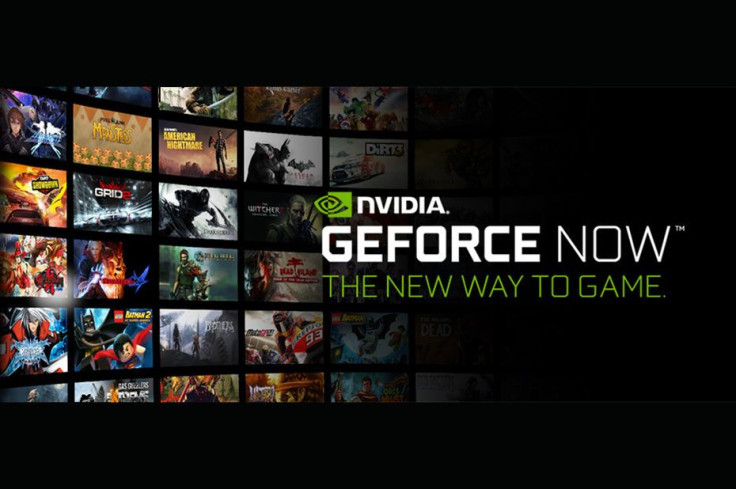Earlier this month, Nvidia's cloud game streaming service moved away from beta and into a full public launch. The official version of GeForce Now allows gamers to choose between a free tier and a paid tier. Following the release, Nvidia has revealed that 'over one million new gamers' have given GeForce Now a try. Given the massive success GeForce Now is witnessing, we wouldn't be surprised to see many other companies bringing their games to the cloud streaming service and realizing its value.
If you're already part of the program, we have great news for you. Nvidia is planning to switch its data center strategy, which will be replacing the current Tesla P40-based systems and bring in support for RTX features, better framerates, 4K resolution, and, of course, increased scalability.
The company also announced that it is working on a software developer's kit for GeForce Now, which is expected to allow single sign-on and enable developers to streamline launchers and install updates on the platform. Additionally, Nvidia is also working on a wireless cloud-based VR service with 5G infrastructure in partnership with HTC.
“Over 1 million new gamers have taken to the cloud by signing up for a free plan or upgrading to the Founders membership, which includes a 90-day free trial”, Nvidia said in a blog post.
The company acknowledged that, now that the cloud gaming platform has become a paid service, more publishers and developers might opt out to re-discuss the terms of their permanence on the platform. This is similar to what has happened with Activision already. However, Nvidia has “an additional 1,500 games in our onboarding queue, from publishers that share a vision of expanding PC gaming to more people.”
The above 1,000 figure includes many triple-A titles, including the most anticipated Cyberpunk 2077, which will be available to play on launch day with RTX features.
GeForce Now allows you to play PC games you already own that may either be on Steam, Epic Games Store, uPlay, or Origin across PC, Mac and Android devices, no matter what their specifications are. This a step in the right direction when it comes to cloud gaming and a major advantage compared to Google Stadia, which asks players to buy games to play through the service.
















